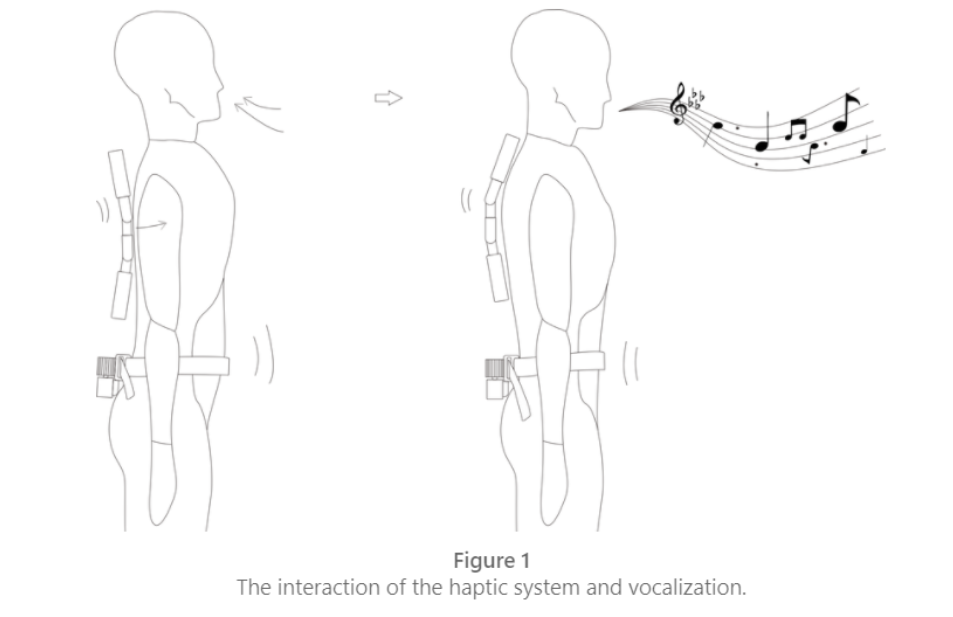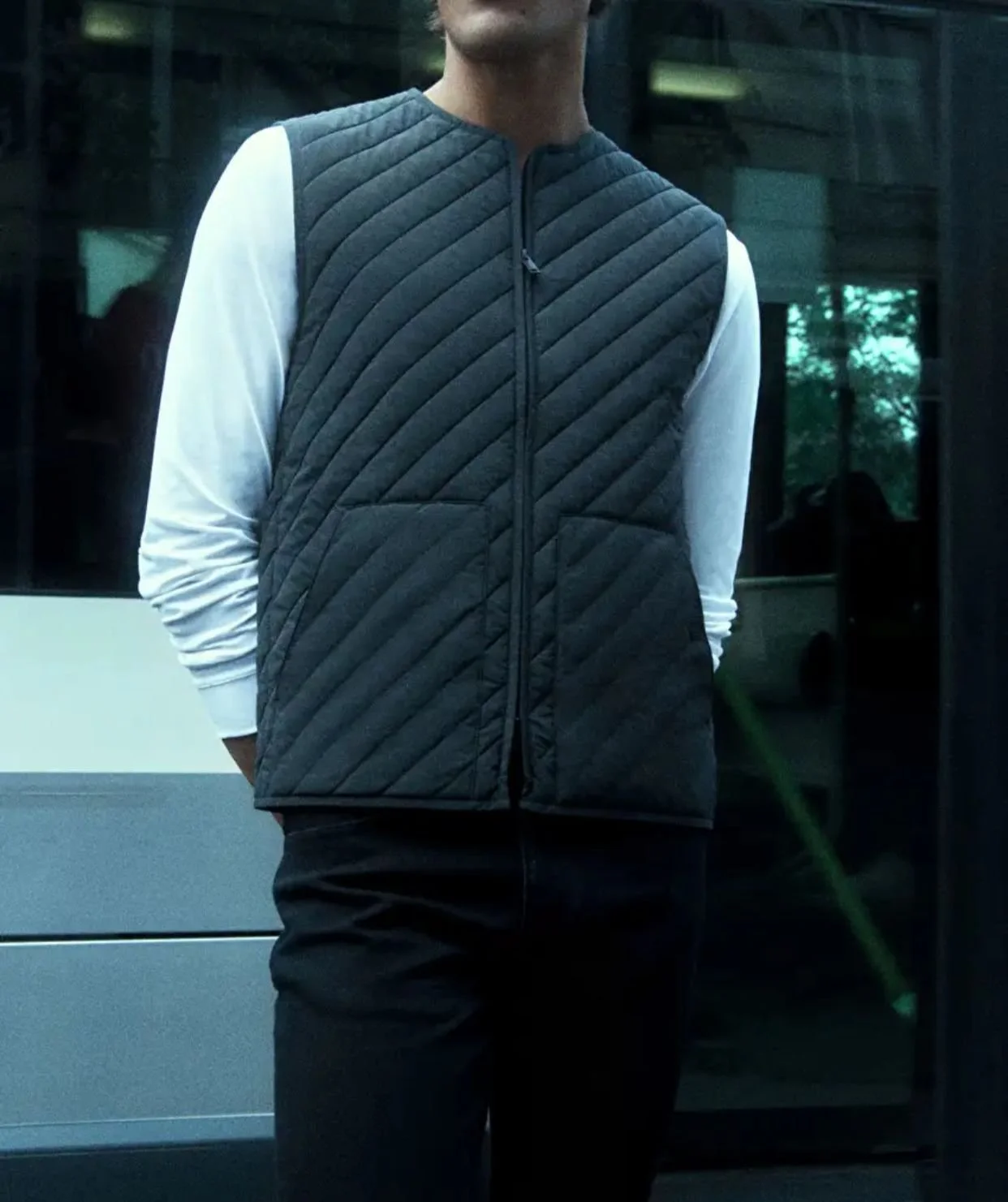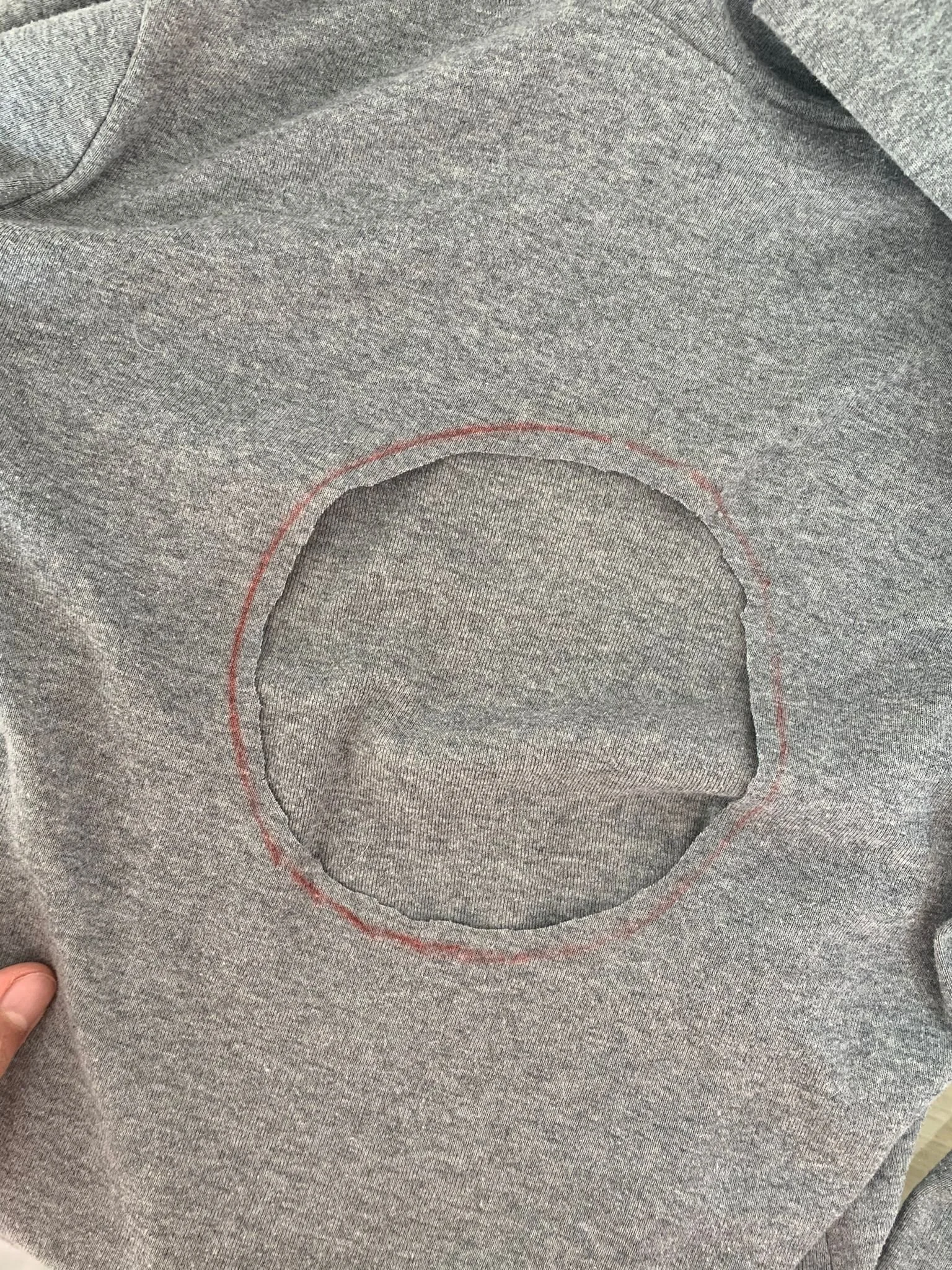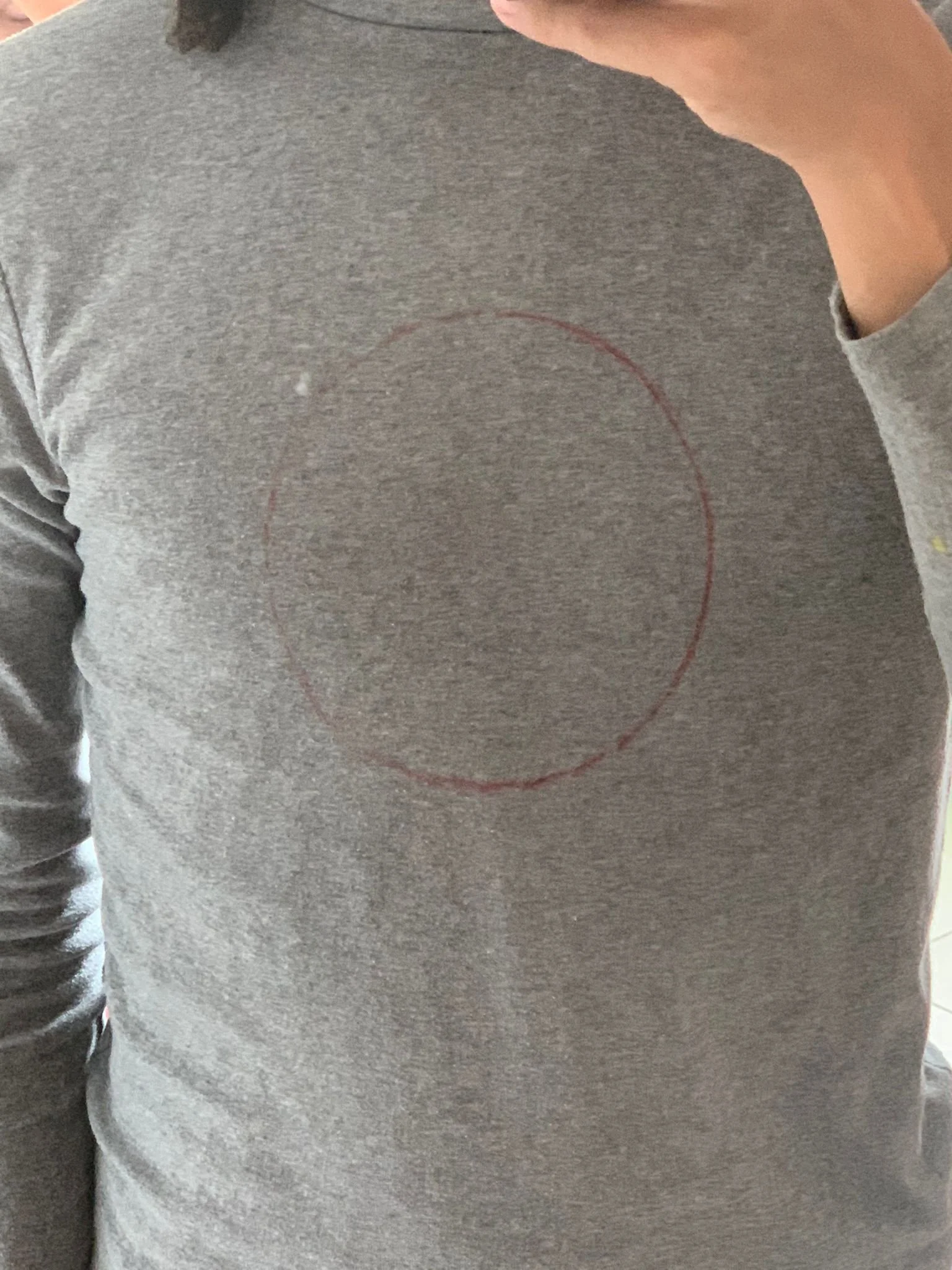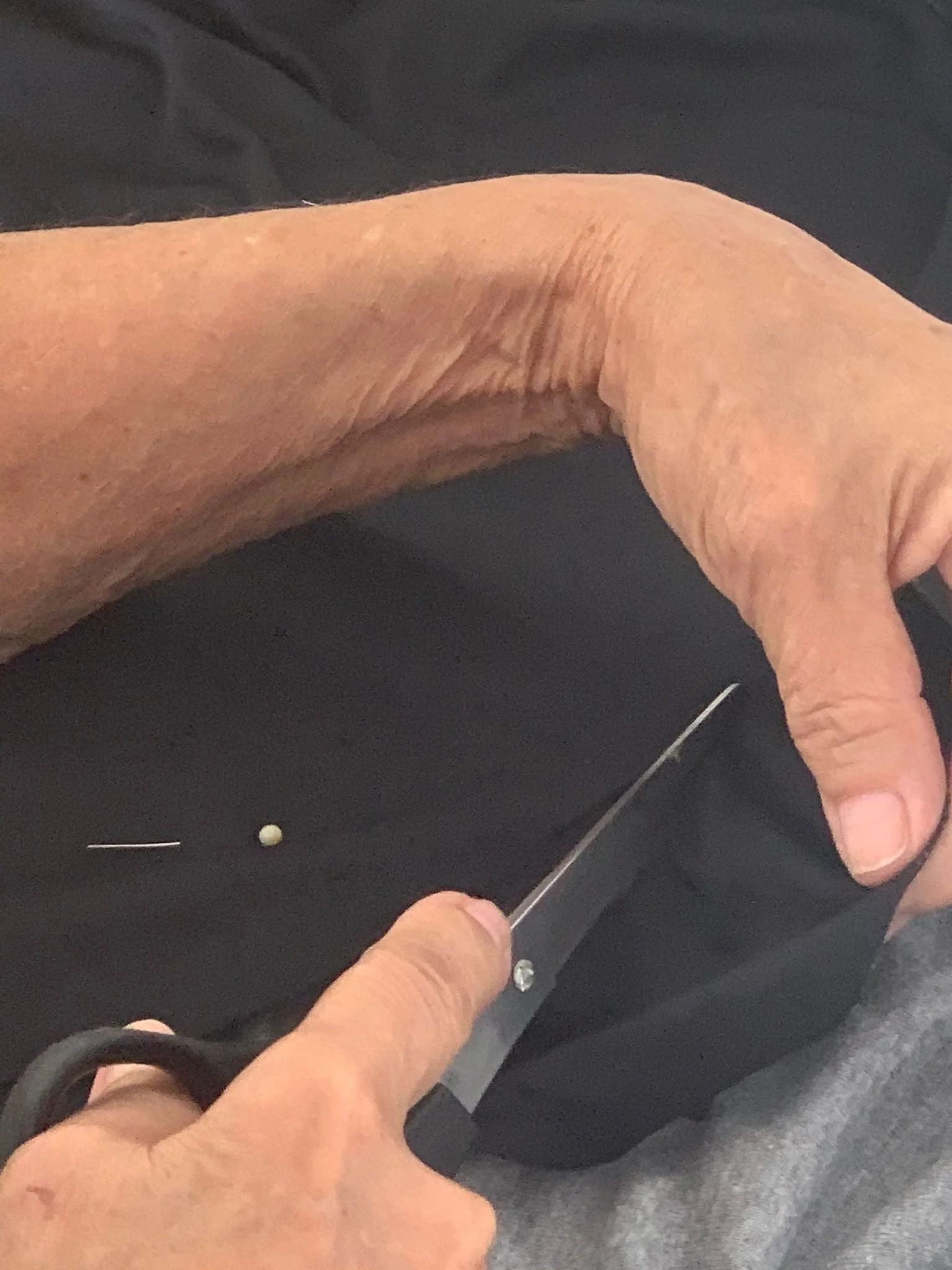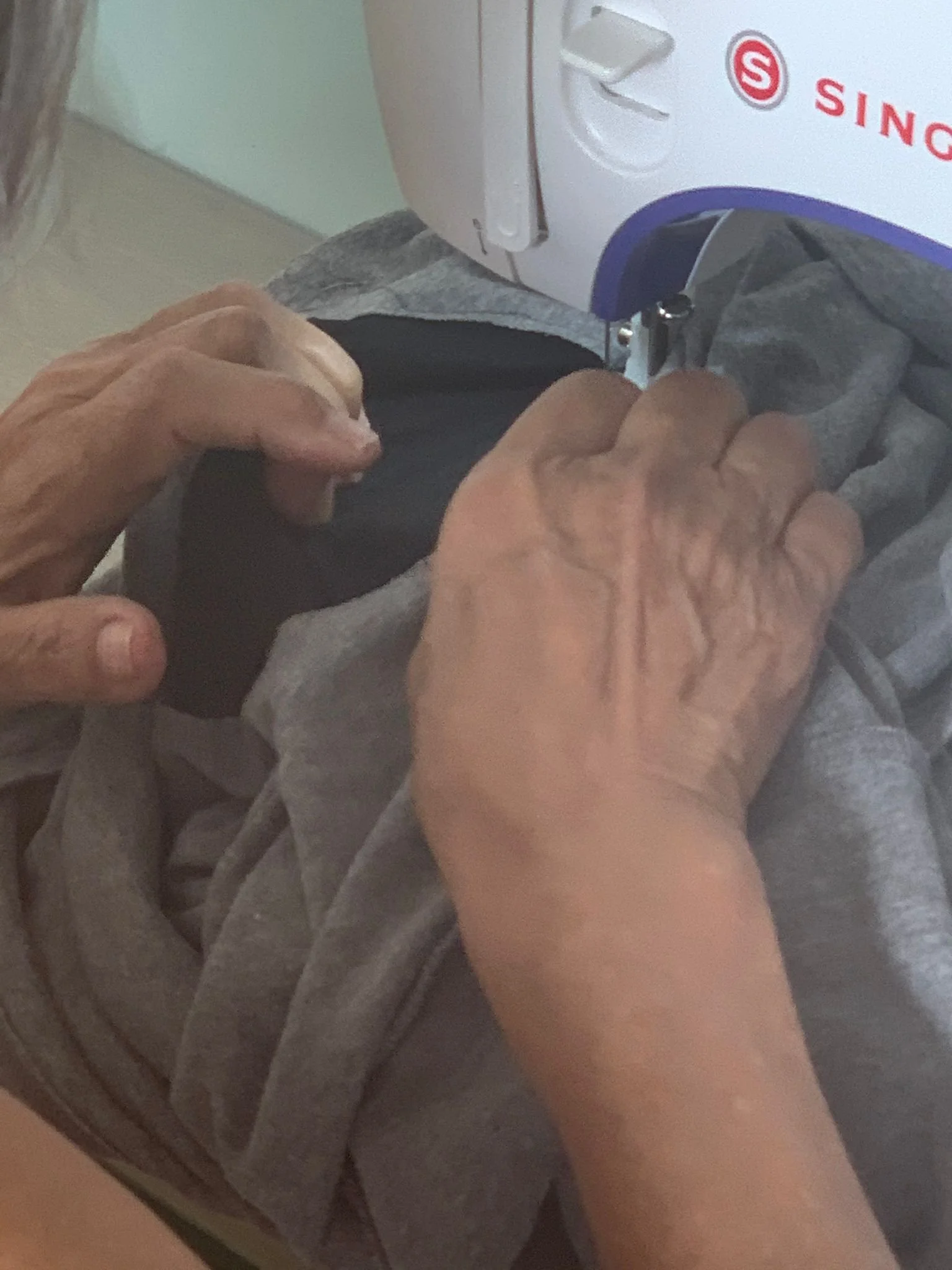Week 7 - Breathe At Work
Robotic Office Chair Pillow Demo
Week 6 - Final Presentation
Week 5 - Starting To Ideate For Final Project
What are you trying to do? Articulate your objectives using absolutely no jargon.
An office chair accessory that attaches to any office chair and inflates to show and induce the user to inhale and exhale while he works.
How is it done today, and what are the limits of current practice?
Most of the breath guidance strategies for focused activities involve vibration and sound. They are cues or induce the body to breath unconsciously but not instruct the body how to breathe better if the posture is not idea.
What is new in your approach and why do you think it will be successful?
Many of us don’t know how to breath deeply. The office chair pillow with actuators allows the posture to be ideal and not only cues the body to inhale and exhale but also puts it in an ideal position to do so.
Who cares? If you are successful, what difference will it make?
By not breathing properly at work, as defined by Lisa Stone in her Email Apnea concept we get into fight or flight responses which makes decision making less precise.
What are the risks?
The risks are the pillow being harmful for the spine, it not being accessible to every chair.
How much will it cost?
Around 100 dollars
How long will it take?
Three weeks to prototype.
What are the mid-term and final “exams” to check for success?
Mid- Term is having a single actuator pushing the back and final exam would be having a silent device that is intuitive to use and conducts the user to a more relaxed physiology smoothly.
Research History & State-of-the-Art
For this assignment I generated a mind map with many different products that relate to breath instructions and guidance.
Generate a list of Experts to invite to talk with you by category
Kari Love - soft robotics
Daniel O’Sullivan - Interaction With The Unconscious
Dr. Richard Boulanger - Music, Mind and Health
Generate a list of relevant soft or flexible materials.
I was thinking about silicone but turns out heat sealable fabric was the ideal solution.
It conducts force well and is easier to use to iterate over many actuators shapes.
Define specs
The system should be comfortable to sit with.
It should instruct the user how to breathe.
Should be able to be relaxing.
Week 4 - My Own Silicone Actuator
For this week I tried creating an zero sum game that would allow 4 different people to interact with one another by applying pressure to 4 different silicone actuators.
I decided to go with the stencil mode strategy.
As it can be seen in the last video, only some of the actuators actually managed to receive air.
I learned that for this situation maybe something with a limited quantity of water inside would be better.
That I would have had a bit more success with a bigger mold and a bigger silicone tubbing.
Week 3 - Silicone Casting
Casting A Simple Silicone Actuator
For this week we had to cast an silicone actuator. It was mostly challenging to work with the silicone mixture parts A and B because they were already half cured when being by themselves. The result didn’t function as we would have hoped for but I definitely feel more intimate to the material and the process.
Week 2 - Mylar
Prototyping a Chair Mounted Breath Robot
The idea for this system was to see how it would feel in the chair to have a structure on the sides of the back pushing out from the chair.
Week 1 - Assignment 1-4
A Soft Robot That Excites You - Google Slides Link
A Wearable Haptic Interface for Breath Guidance in Vocal Training
Haptic Guidance for Diaphragmatic Breathing Learning
by Yinmiao Li, Ziyue Piao, and Gus Xia
Soft Robot In The Wild
Cable Explorations
I am really interested in exploring wearable breath guidance interfaces.
For the cable systems experimentation week I have decided to start to explore a vest that is capable of shrinking and expanding as a way to remember and encourage the user to breathe in certain patterns.
The final iteration of this device would include some sort of mechanical motorized brain that would both collect the wires and let them loose as well as vibrate encouraging the same inhaling and exhaling patterns.
Challenges:
How to make it get back to the original shape
Maybe trying more resistant materials like nylon or neoprene.
Maybe trying a cable with less friction with the fabric
How to make the mechanism steady?


